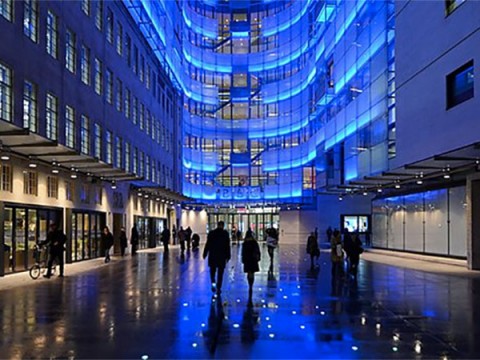 The BBC has published its annual plan, with a reduction of around 1,000 hours a year in new content commissions as the corporation looks to plug a gap in its finances.
The BBC has published its annual plan, with a reduction of around 1,000 hours a year in new content commissions as the corporation looks to plug a gap in its finances.
It is projected the BBC will receive £3,673 million in licence fee income and £1,865 million from other sources. Once operating costs are taken into account this leaves a deficit of £352 million for the year.
“The 23/24 budget has been set during a period of exceptional economic volatility,” the BBC explained in its Annual Plan. There are ambitions to expand commercial activities to deliver a “sustainable quality of earnings”.
Despite the continued excitement around streaming services, the plan reminds us “UK audiences continue to spend more time watching BBC TV and iPlayer than Netflix, Disney+ and Amazon Prime Video combined.” 15 million accounts have been signing in to iPlayer on average per week.
Reflecting on the evolving streaming market, the plan says: “The slowing of growth in subscription media may signal an opportunity for free alternatives such as broadcasters on-demand services (like iPlayer and ITVX) and we are already seeing SVODs experiment with ad-supported tiers. In particular we expect AVOD (advertising video-on-demand) to continue its growth and expect to see more FAST (Free Ad Supported TV) services that give consumers both live and on-demand viewing in a channel-like offer.
A significant change to the BBC’s output will take place next Monday when the new BBC News channel will launch with two different feeds for UK and global audiences.
The News Channel will be a dynamic operation built around live and breaking news, integrated with the BBC Online Live and Breaking team. There is some concern about how the channel will operate in the event of a major UK story of little interest internationally.
The BBC says CBBC will broadcast a broader range of genres than other children’s television channels. It will broadcast 4,500 hours of programming with about 250 hours being first run, which is about 100 hours fewer than in previous years.
As previously announced there will also be a reduction in the amount of first run content on BBC Four. Instead the BBC will focus on making a smaller number of higher-value Arts & Music programmes for BBC Two.